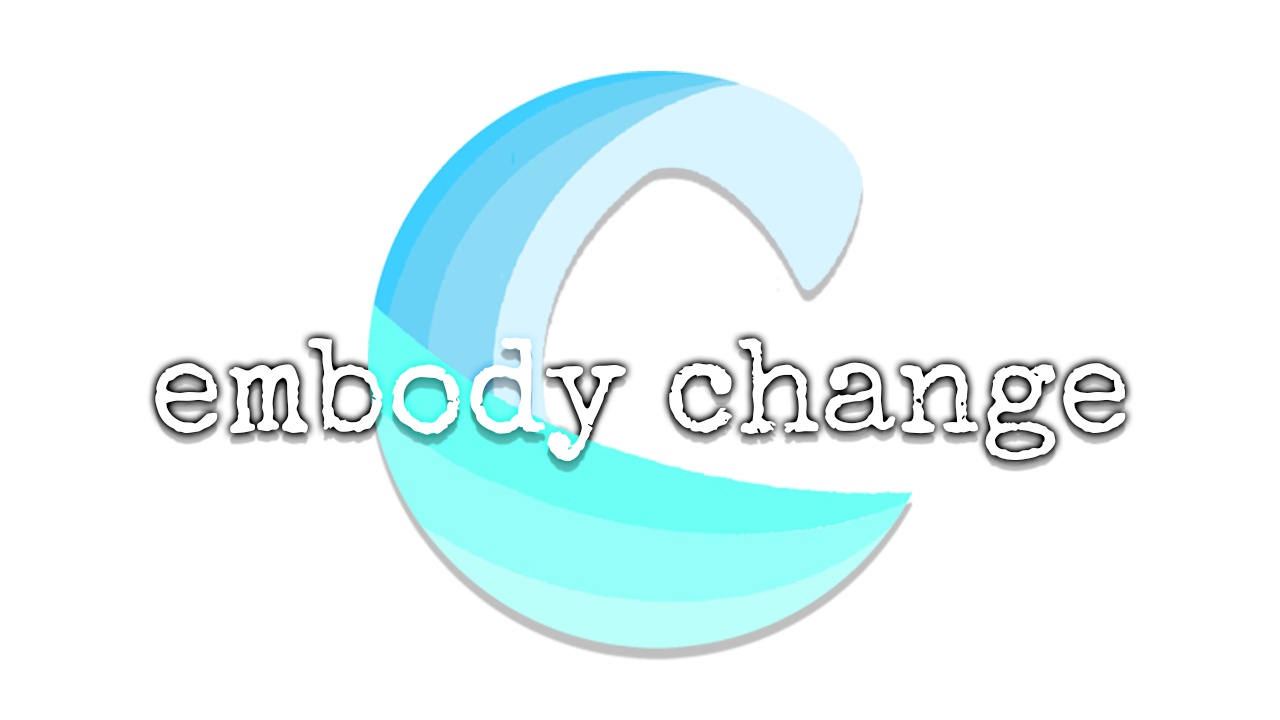Inheriting an Empire of Care
Our mid-October #FAHM 2021 blog post comes from Thea Pepperl. In her flash memoir essay, we learn more about Thea and her family through the lens of immigration, citizenship, nursing, and organizing.
Photo of the author as a young child sitting on her father's lap, among a group of Filipino nurses, on the steps of the Capitol Building (Washington, DC, 1989)
I have vague, but also strangely vivid, memories of my childhood growing up in New York City. I remember the park with the tennis courts, the crisp autumn air, the crunch of leaves, the cold mornings when I refused to abandon my warm bed and the only way that my mother could convince me to get ready for school was to iron my uniform next to me, passing the still-warm clothing under the comforter so that I could quickly change out of my pajamas.
I also have memories that I could never quite place, as if the scenes were a part of another person’s life: of community halls, the cinder block hallways with thick white paint and blue tile, the too-hot too-noisy meeting places with metal folding chairs, the drafty bathrooms with jalousie windows. I remember being raised by a village, my parents often being involved in the meeting and too preoccupied to take care of me. So I often sat among titas or wandered the hallways and hung out with the older kids, my parents finding me towards the end of the evening.
I also remember my parents rehearsing a play -- their play -- in preparation for these meetings. They’d gather with friends in the living room of our cramped apartment and I’d watch them act the scenes over and over again: my mother kuskos’ing her uniform at the moment that she received a letter informing her that she had just been hired to work in the states, my parents and their friends boarding a plane and arriving in New York City, their confusion when people on the street called them “chino”, their frustration at managing high caseloads and being harassed by their patients at the hospital, their joy at finding out that they had passed the NCLEX (National Council Licensure Examination), the fear as their visa expiration date neared. I’d watch these scenes perched on the arm of the sofa during their living room rehearsals and from a creaky folding chair along with hundreds of titas and titos during their community performances.
And then I remember one very early morning, when my parents got me dressed while it was still very dark, how I was sleepily jostled in a subway car, and woke up transported to a completely different city, full of beautiful white buildings, grandiose stairways, and wide open garden spaces.
All of this happened before I was five years old, so it’s understandable that I don’t have fully developed memories of the events. It was years later when I finally pieced together these memories - aided by photographs, oral histories from my titas and titos, and historical documents - to understand that this was all part of the community organizing story to secure immigration rights for foreign-educated nurses. That trip to that other city with beautiful white buildings was when my parents and their friends traveled to Washington, D.C., to lend their voices in support of the Immigration Nursing Relief Act of 1989.
I have a complicated relationship with the Immigration Nursing Relief Act because, while it created a path toward citizenship and amnesty for many foreign-educated nurses, the policy also came with the condition that nurses, whether foreign- or U.S.-educated, could not be on labor strike.
Soon after the Immigration Nursing Relief Act was passed, my parents moved our family from New York City across the river to New Jersey. My parents largely stopped organizing, and even the decision to participate in nursing strikes became a point of contention. I remember sitting in the kitchen while my mother tells my father not to go to the city to join the picket lines; he’s already participating in the strike by refusing to go to work, so why make his protest more visible? His actions could put the immigration status of other nurses at risk. My father insists that the nursing organizations and labor unions have already called a strike, so their immigration status is already at risk. Besides, he says, picking up my five-year-old sister, I’m not picketing, she is. I’m just there as her chaperone. I want to go too, I chime in. No, both my parents say. I am still an immigrant, same as my parents, but my sister is a natural-born citizen. This was how I learned that citizenship is an anting-anting; it confers some sense of protection.
Throughout my childhood, I’ve carried this sense that there are two Americas, one for natural citizens and another for those with a more complicated status. Even now, as a naturalized citizen, my own children are quick to bring up that I’m the only member of our family who cannot serve as President under the U.S. Constitution. Still, the line from Hamilton shakes me out of this sense of inferiority: Immigrants, we get the job done. And I wonder, if that was the message I received in my U.S. History classes growing up, how much more free would I feel?
Full version available at: https://medium.com/@theaabadpepperl/inheriting-an-empire-of-care-e54583e5f134
About the author: Thea Pepperl is a biomedical engineer, educator, wife, and mom. She writes about the intersectionality of her own life growing up as a child of immigrants, engineering, and social justice.

